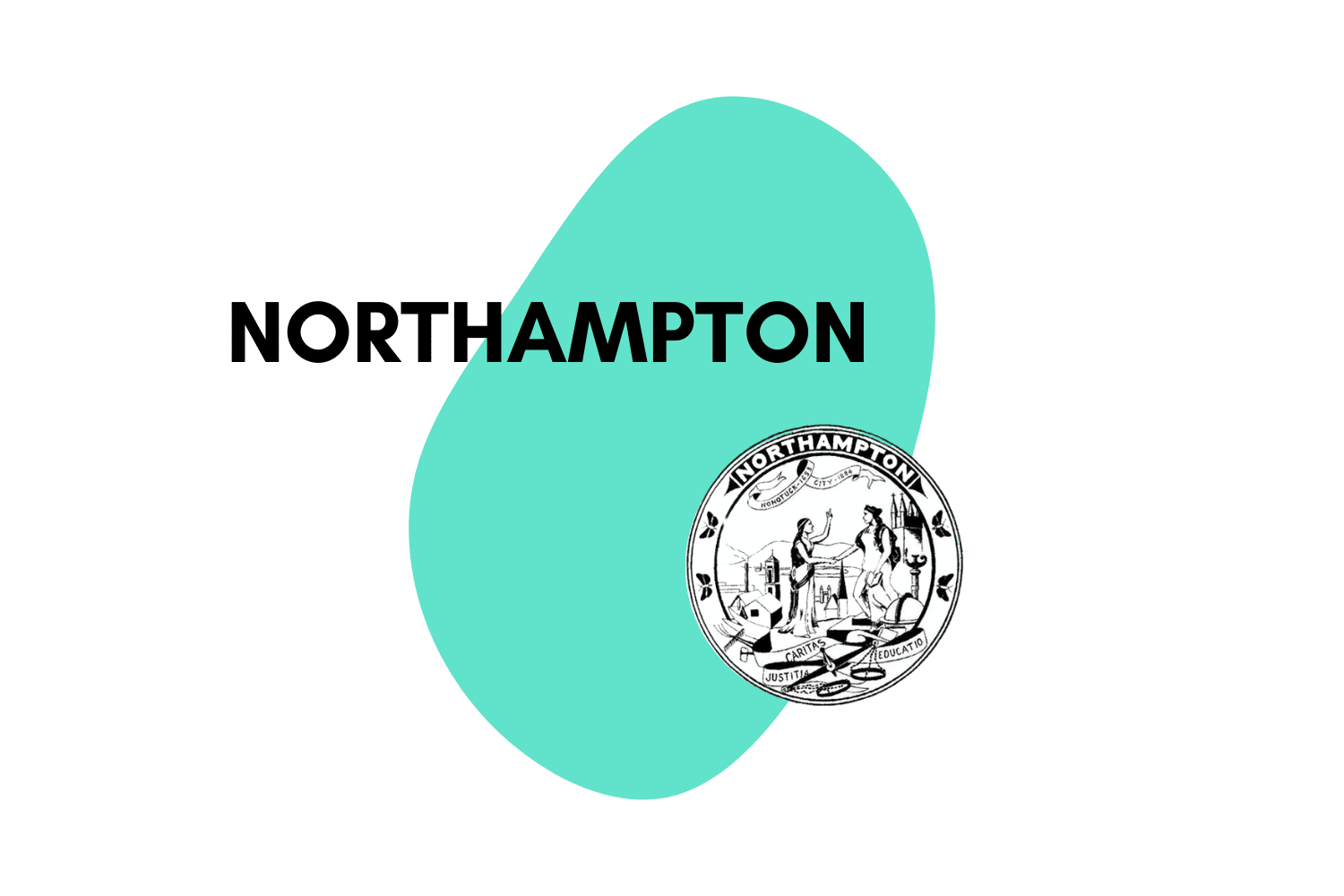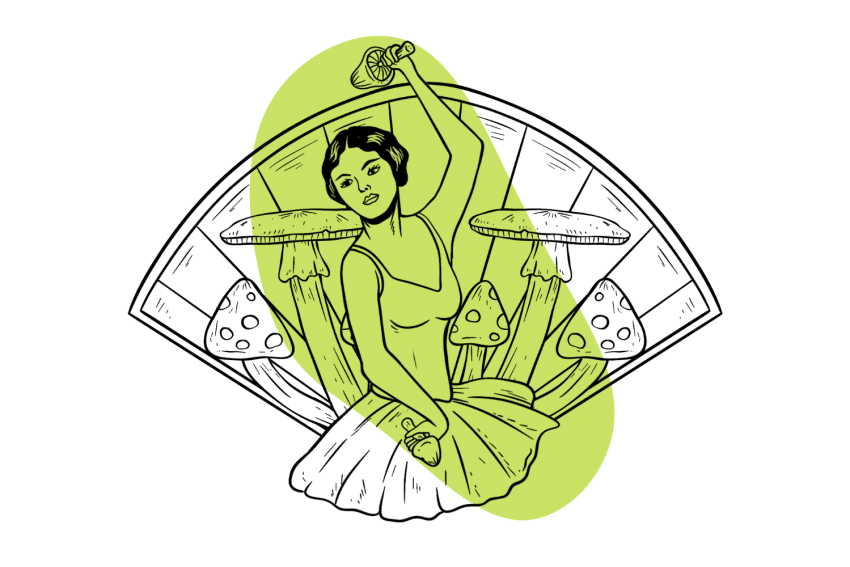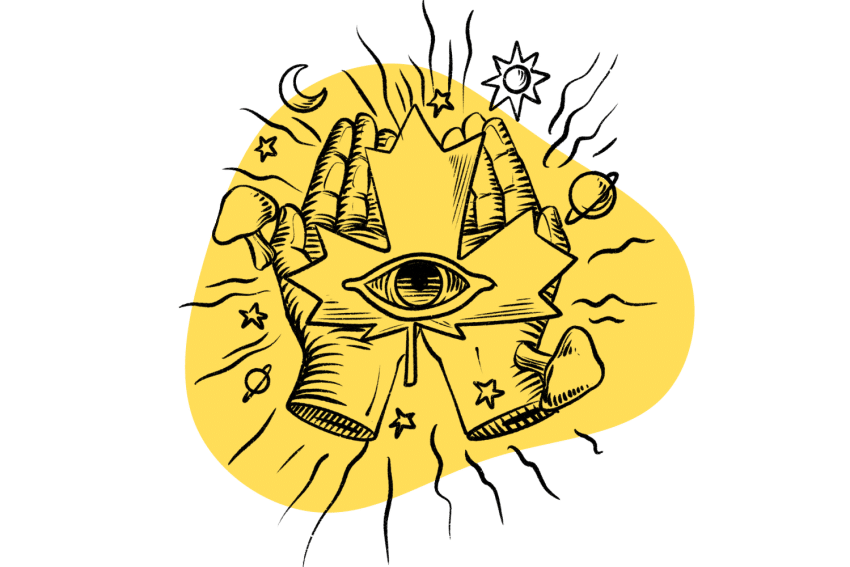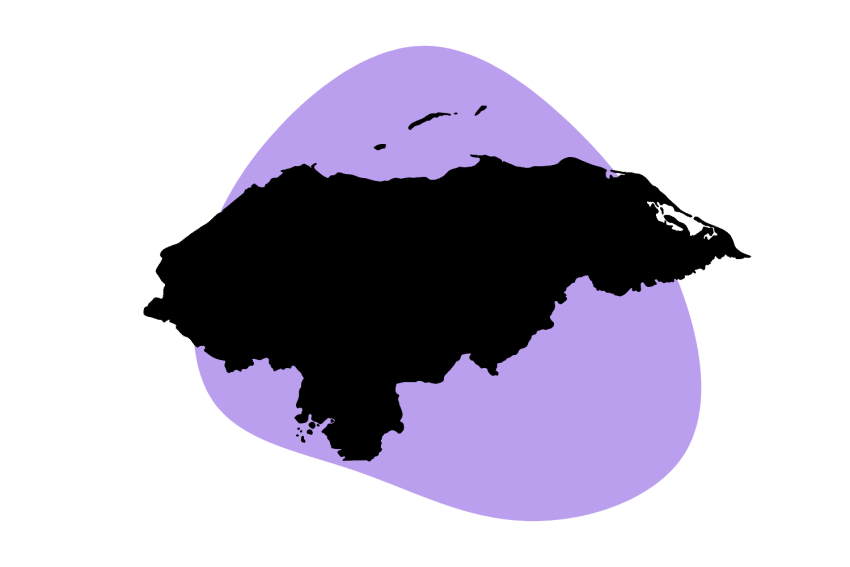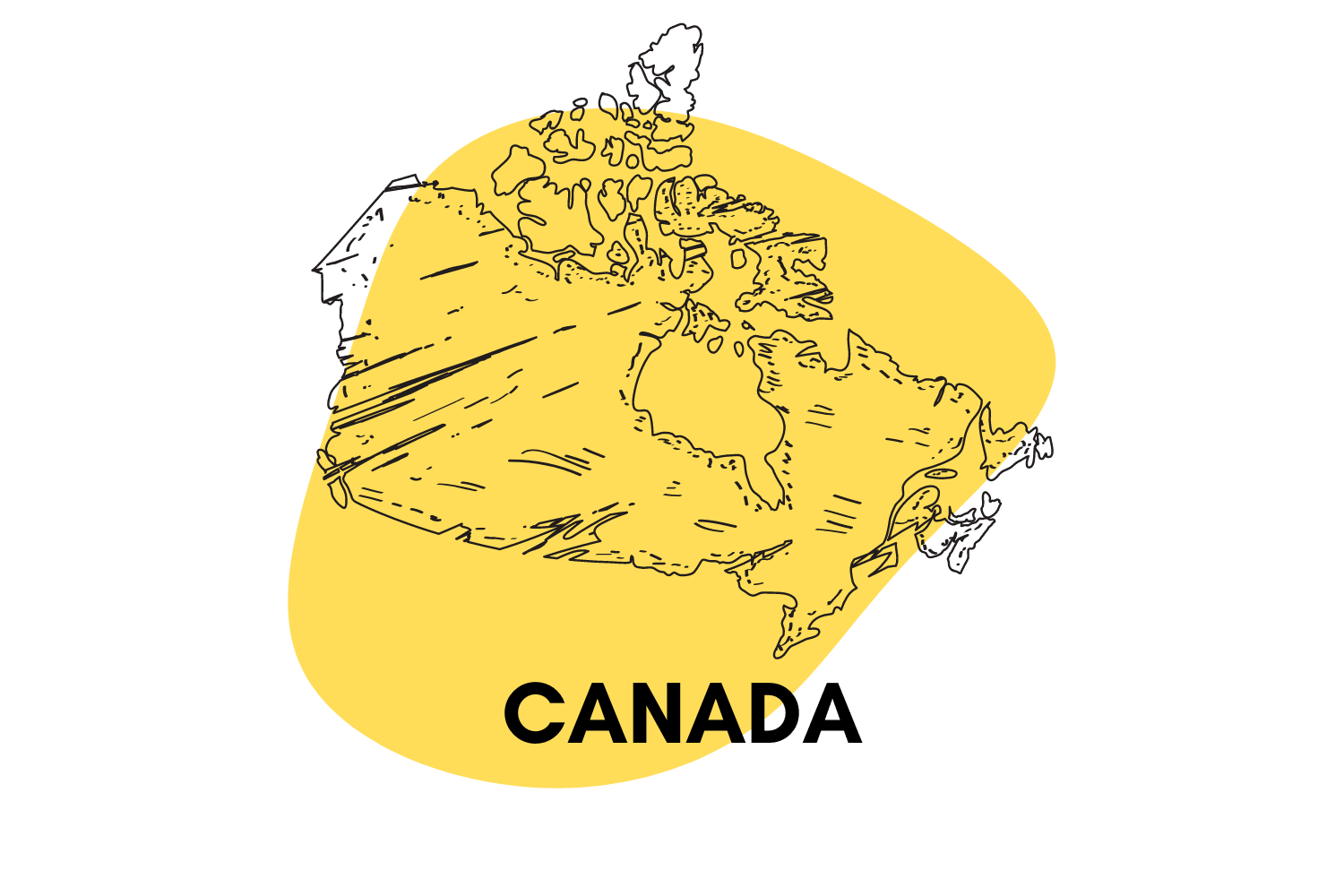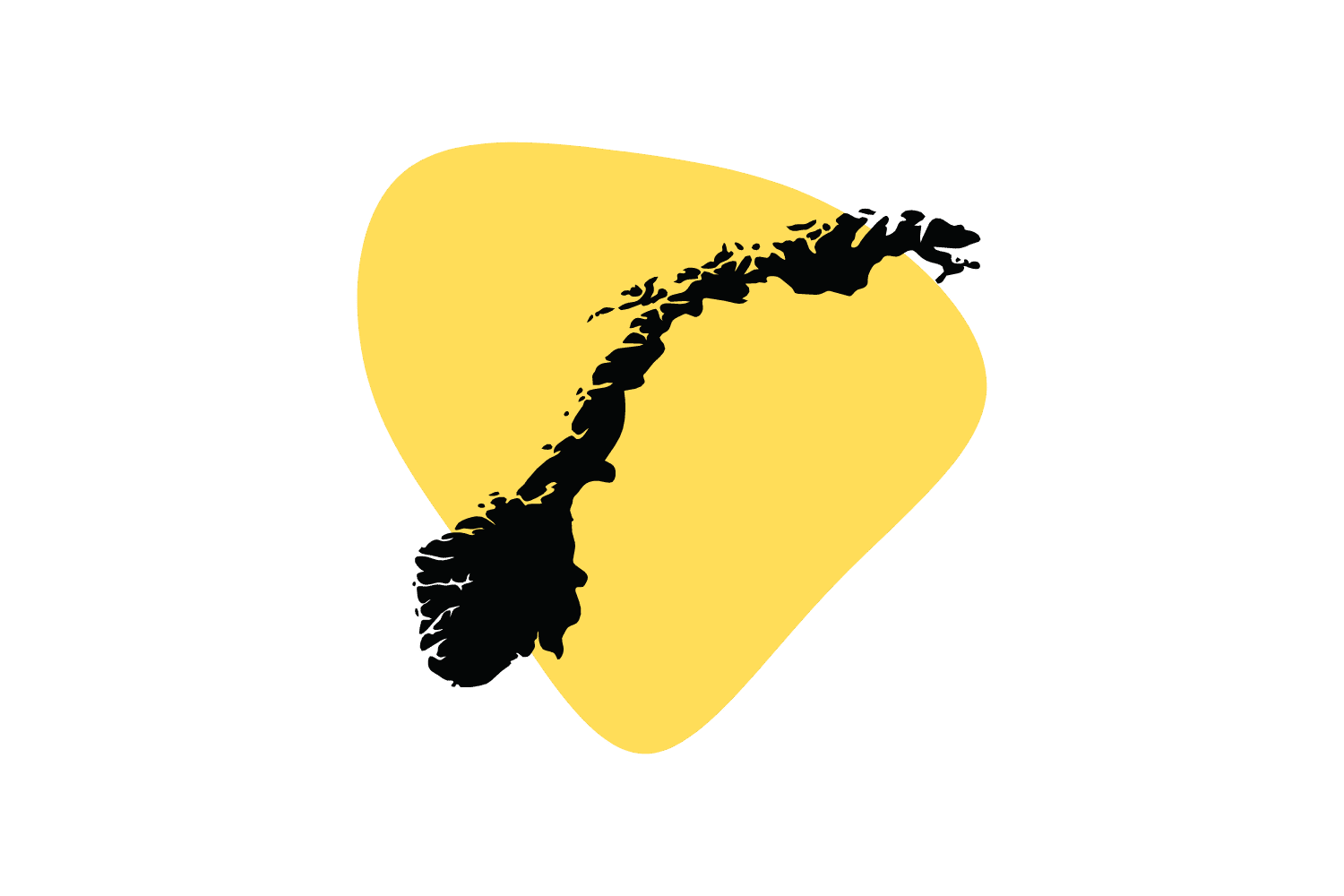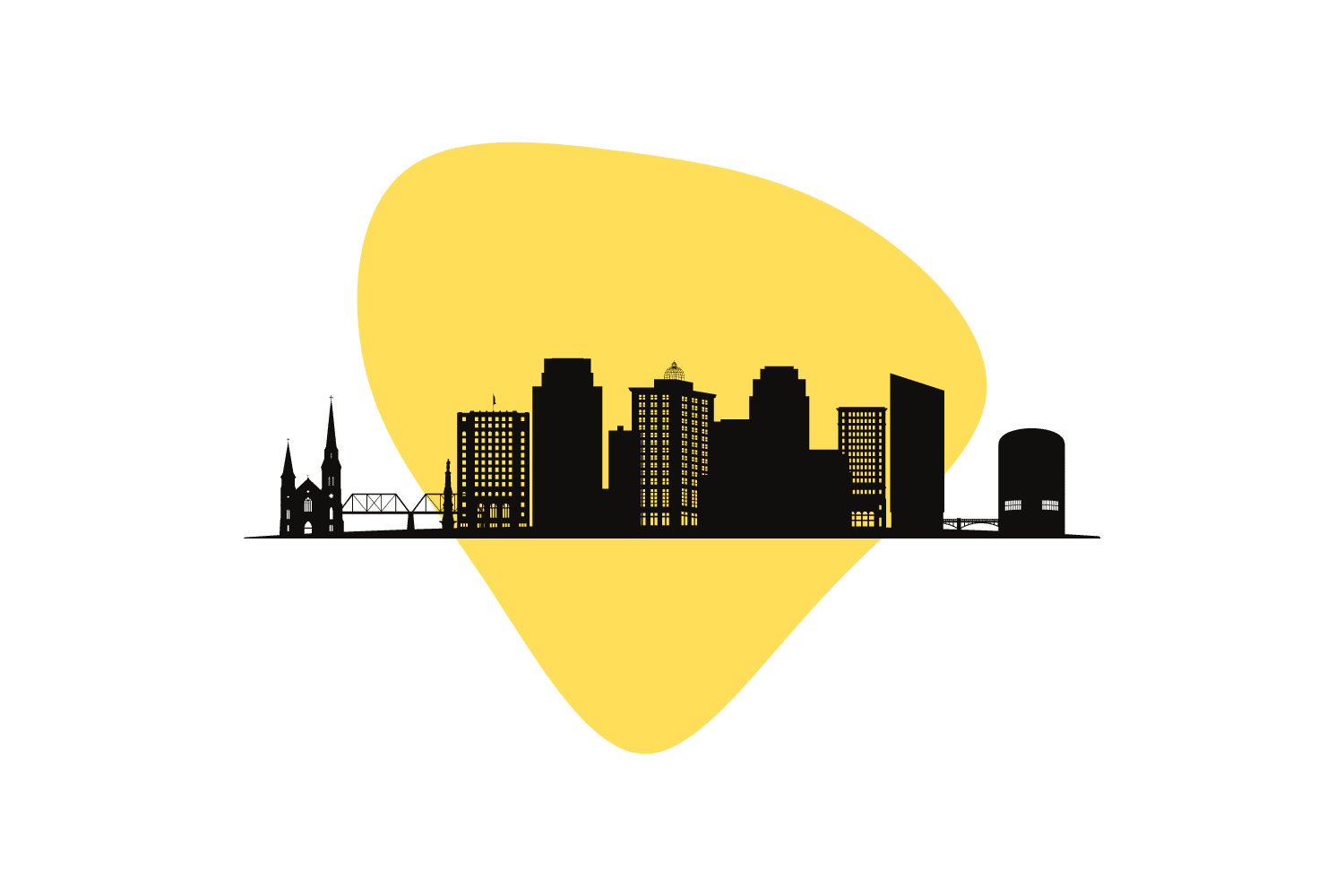South Carolina’s Psychedelic Laws At a Glance 2023
South Carolina has strict laws, but this could be changing. Slowly 🐢
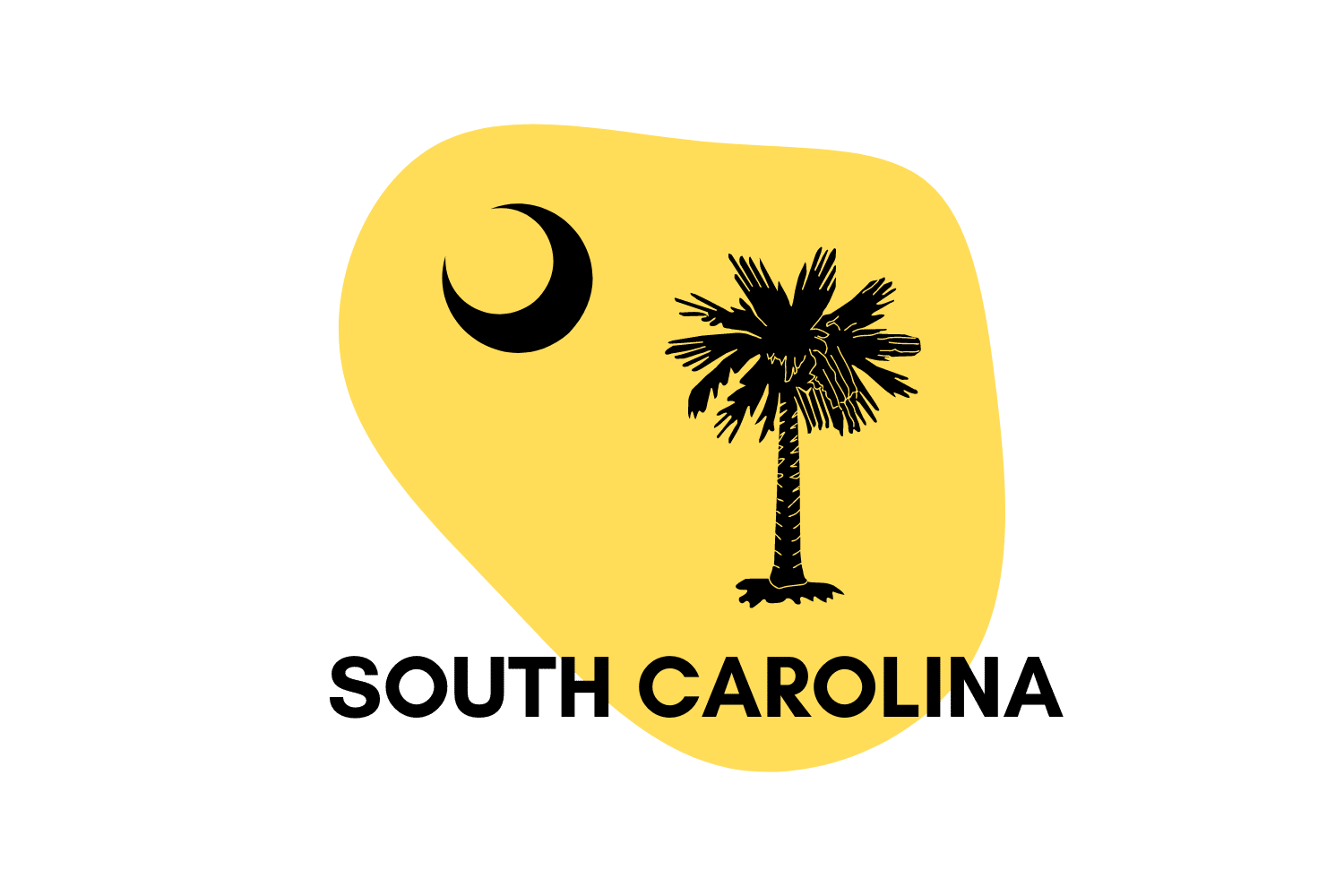
Psilocybin mushrooms contain a natural hallucinogenic compound called psilocybin. Even though psilocybin is federally classified as a Schedule I substance, researchers have suggested a reclassification.
Surprisingly, some states have taken action and are in the process of decriminalizing psilocybin along with a few other psychedelic compounds.
Here’s where South Carolina laws stack up as far as penalties for shrooms, LSD, MDMA, ketamine, DMT, and more.
Are Magic Mushrooms Legal in South Carolina?
No. Magic mushrooms are not legal in South Carolina.
Shrooms or psilocybin are illegal in most states, except Oregon, where they’re decriminalized.
Possessing a Schedule I substance, including shrooms, is a misdemeanor. Penalties for a first offense include a fine of up to $5,000, up to two years in jail, or both.
Are Spores Legal in South Carolina?
It is legal to have spores in South Carolina. Growing spores into mushrooms, however, is not legal.
Magic mushroom spores are legal in most of the United States except for California, Georgia, and Idaho.
Map of Magic Mushroom Laws In the USA
Do Magic Mushrooms Grow Wild in South Carolina?
Yes, magic mushrooms grow wild in the many forests in SC.
Psilocybe caerulescens is one of the different types of shrooms you can find, mainly in late summer and early fall. Of course, the famous Psilocybe cubensis is also readily available through the state’s wild terrains.
What Are the Medicinal Uses of Shrooms?
Medical professionals are quickly finding that psilocybin mushrooms have significant therapeutic applications.
For instance, mushrooms’ medicinal benefits for psychotherapy include treating PTSD and the anxiety that accompanies patients in end-of-life care.
Magic mushrooms have been shown to help with the following:
- Tobacco addiction [1]
- Alcohol addiction [2]
- Cluster headaches [3]
- Depression [4]
Is LSD Legal in South Carolina?
No. Possessing LSD (lysergic acid diethylamide) in South Carolina is illegal.
It’s considered a misdemeanor. Penalties vary depending on your criminal record and include a fine of up to $5,000 or two years in jail or both.
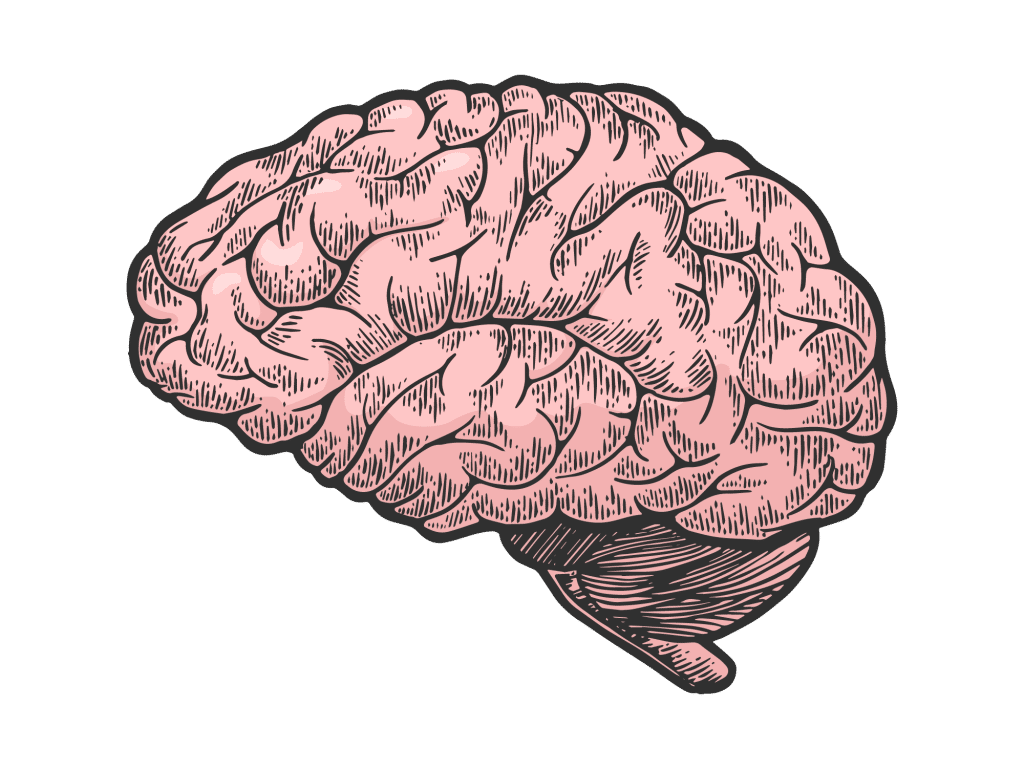
Is MDMA Legal in South Carolina?
MDMA, or ecstasy, is not legal in South Carolina.
MDMA is a Schedule I drug, meaning it’s illegal and has no contemplated medicinal applications. Penalties can be up to six months in jail or up to a $5,000 fine.
Many states are working on legalizing MDMA due to its ability to treat chronic depression and other mental illnesses with psychedelic-assisted psychotherapy.
Is Ketamine Legal in South Carolina?
Ketamine is only legal if prescribed by a physician in South Carolina.
Recreational use of ketamine is strictly illegal. Penalties include a fine of up to $5,000 and six months in jail. Ketamine is a Schedule 3 drug and is an anesthetic approved for both human and animal uses.
What’s the Difference Between Legalization & Decriminalization?
There is an essential difference between legalizing and decriminalizing a substance. When a drug is decriminalized, penalties are reduced significantly but not removed altogether. In contrast, legalization removes all consequences.
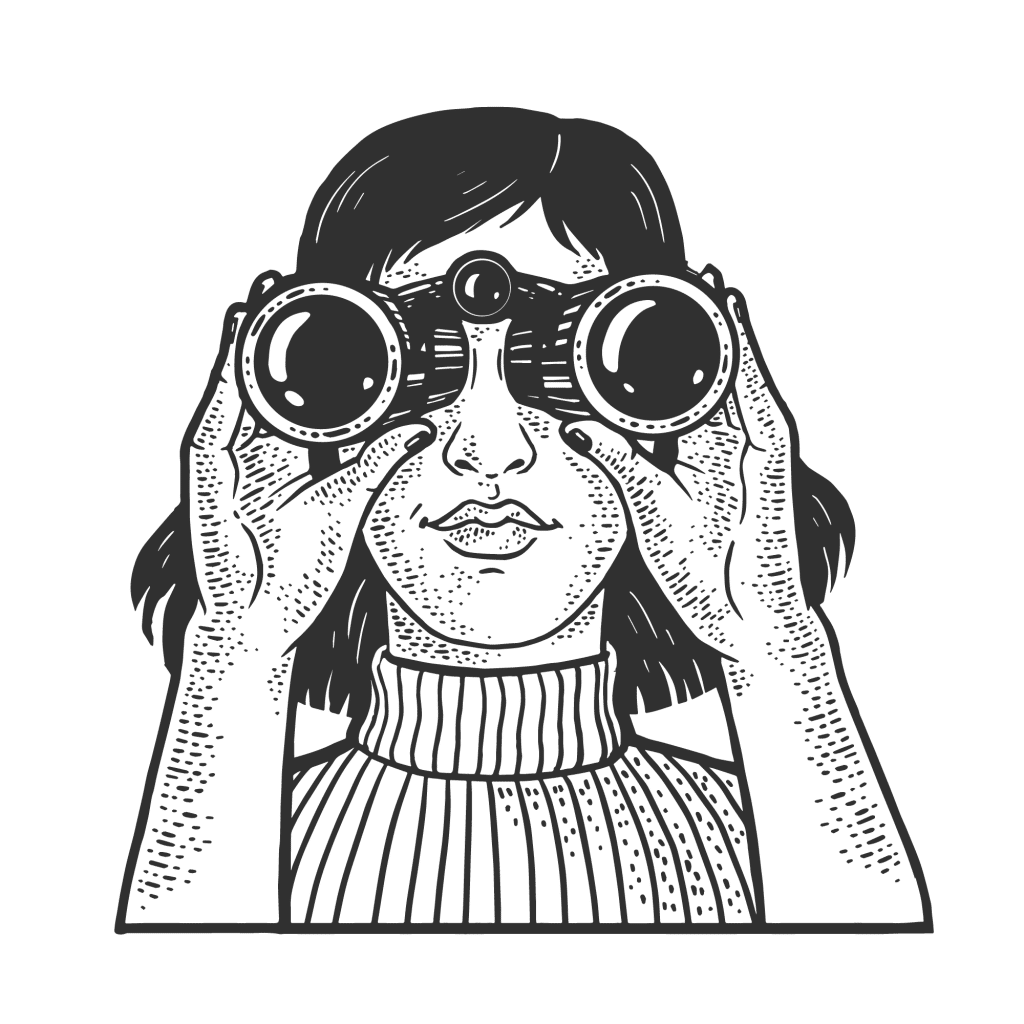
Key Takeaways: What’s the Future of Psychedelics in South Carolina?
States and cities across the country are beginning to loosen restrictions on drugs. This is the first step that many hope will lead to the federal decriminalization of psychedelics for therapeutic and recreational use.
Hopefully, South Carolina will undergo these law changes, but there’s no implication that it will be soon.
References
- Garcia-Romeu, A., R Griffiths, R., & W Johnson, M. (2014). Psilocybin-occasioned mystical experiences in the treatment of tobacco addiction. Current drug abuse reviews, 7(3), 157-164.
- Bogenschutz, M. P., Forcehimes, A. A., Pommy, J. A., Wilcox, C. E., Barbosa, P. C. R., & Strassman, R. J. (2015). Psilocybin-assisted treatment for alcohol dependence: a proof-of-concept study. Journal of psychopharmacology, 29(3), 289-299.
- Sewell, R. A., Halpern, J. H., & Pope, H. G. (2006). Response of cluster headache to psilocybin and LSD. Neurology, 66(12), 1920-1922.
- Mahapatra, A., & Gupta, R. (2017). Role of psilocybin in the treatment of depression. Therapeutic advances in psychopharmacology, 7(1), 54-56.

